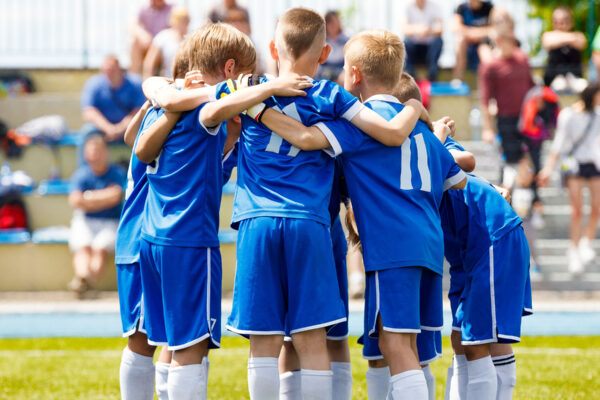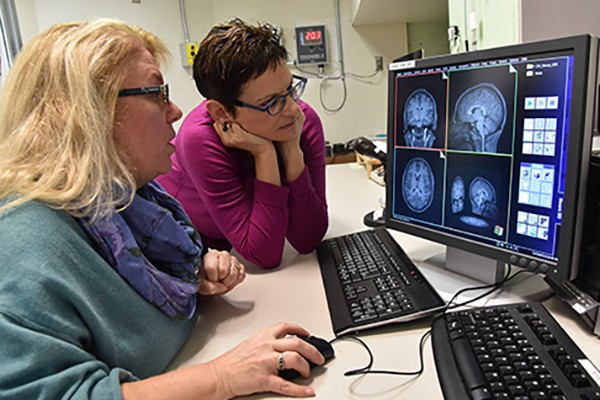How team sports change a child’s brain
Adult depression has long been associated with shrinkage of the hippocampus, a brain region that plays an important role in memory and response to stress. Now, new research from Washington University in St. Louis has linked participation in team sports to larger hippocampal volumes in children and less depression in boys ages 9 to 11.
Early childhood depression alters brain development
The brains of children who suffer clinical depression as preschoolers develop abnormally, compared with the brains of preschoolers unaffected by the disorder, according to university researchers. Their gray matter is lower in volume and thinner in the cortex, a part of the brain important in the processing of emotions.
Research offers clues for dealing with anxiety, childhood depression, schizophrenia
Research is shedding new light on what happens in the brains of children and adults affected by clinical depression, anxiety disorders and schizophrenia, according to Washington University in St. Louis studies presented at a recent mental health symposium. The findings, which come as America celebrates Mental Health Awareness Month, point to new treatment options for preschool-aged children with significant clinical depression and for severely depressed adults who don’t respond to standard treatments, such as antidepressants and psychotherapy.


